Methodology
The Unified Theory of Loupe
Being Loupe is about more than running a business. In fact, we believe the business comes second and creativity comes first. Learn more about our revolutionary model.
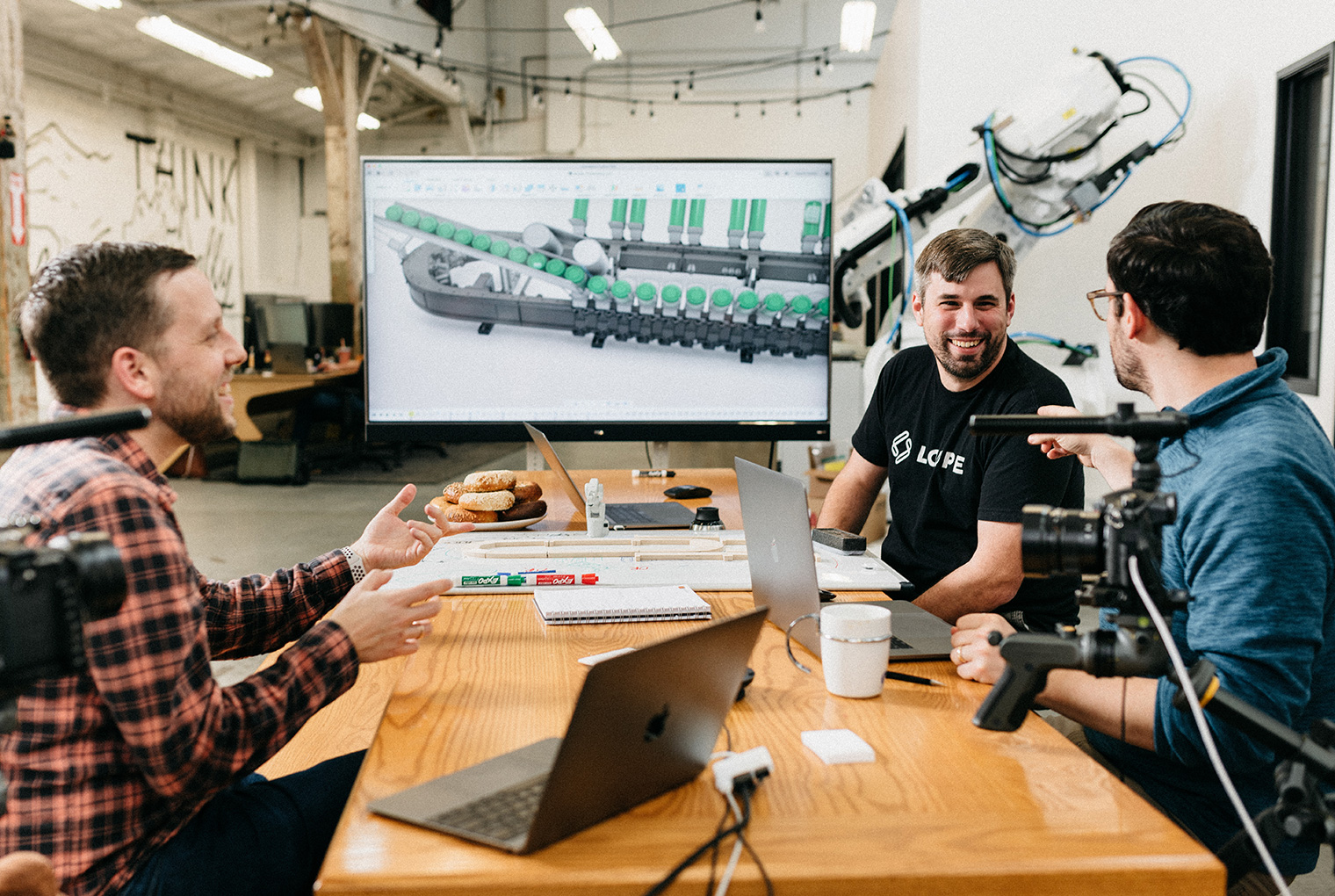
“So… what does Loupe actually do?”
After more than a dozen years in business, you’d be surprised how often I still get this question. And it makes sense, Loupe has broken the mold — not only in our industry, but in revolutionizing how business can be structured to begin with.
If you’re confused, we’re not surprised… which is why we thought we’d take a moment to walk our readers through it. Learn more about the practice at Loupe.
Loupe’s Core Business Models
The easy answer to the question of what Loupe does? Most people know us for our two main business models:
Loupe as a Distribution Company
As a hardware distributor, our job is to bring buyers and sellers together — our industry’s version of a retail distributor like Home Depot. In our case, we work with groundbreaking products from cutting-edge suppliers, and bring them to innovative and revolutionary buyers.
Loupe started out as a distribution company in 2007, when we became the channel partner for B&R in the Pacific Northwest and Northern California. As a result, this work has historically represented about 2/3 of our income.
Loupe as a Systems Integrator
Because the products we provide are often sophisticated and highly technical, before long our customers started coming to us for our platform expertise, seeking integration and development help. So as a systems integrator, we specialize in bringing together component subsystems into a whole and ensuring that those subsystems function together.
Over the years, we developed a large team of people who primarily provide integration services tailored to our distribution product offerings. This activity, mostly software development, has traditionally made up about 1/3 of our income.
The Practice

As you can see, most of Loupe’s revenue is currently generated between these two business lines. But if you’re reading this right now, I’m guessing it’s not because of our distribution or systems integration work. It might be because you’ve seen us doing odd things like putting chainsaws on robots, using robots to capture video, or creating a YouTube livestream series… and are wondering how that fits into our business model. Your confusion is understandable.
The fact is, being Loupe is about more than running a business. In fact, we believe the business comes second — it enables us to pay the bills and grow our team, but creativity comes first.
We call this “The Practice.”
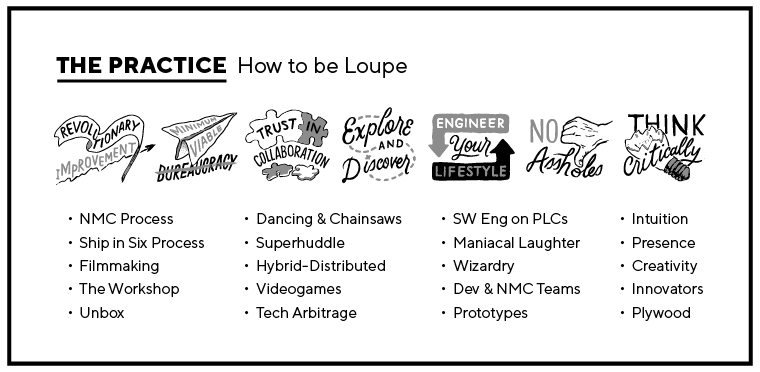
The Practice is a set of activities, teams, attitudes, processes, values, and passions that animate our daily work. Naturally, it starts with revolution, followed by our guiding principles. But what comes next is the magic — the intangible, seemingly unrelated and sometimes chaotic quirks that make us who we are.
Our distribution and integration business models are important because they turn “being Loupe” into cash, but The Practice isn’t about making money. We just feed that money back into the top so we can… well… be more Loupe.
Where You’ve Seen This Before
You may not be familiar with a model like this, but actually, we’re not alone. And in fact, asking what chainsaws have to do with automation is a little like asking why a movie company would have a theme park.
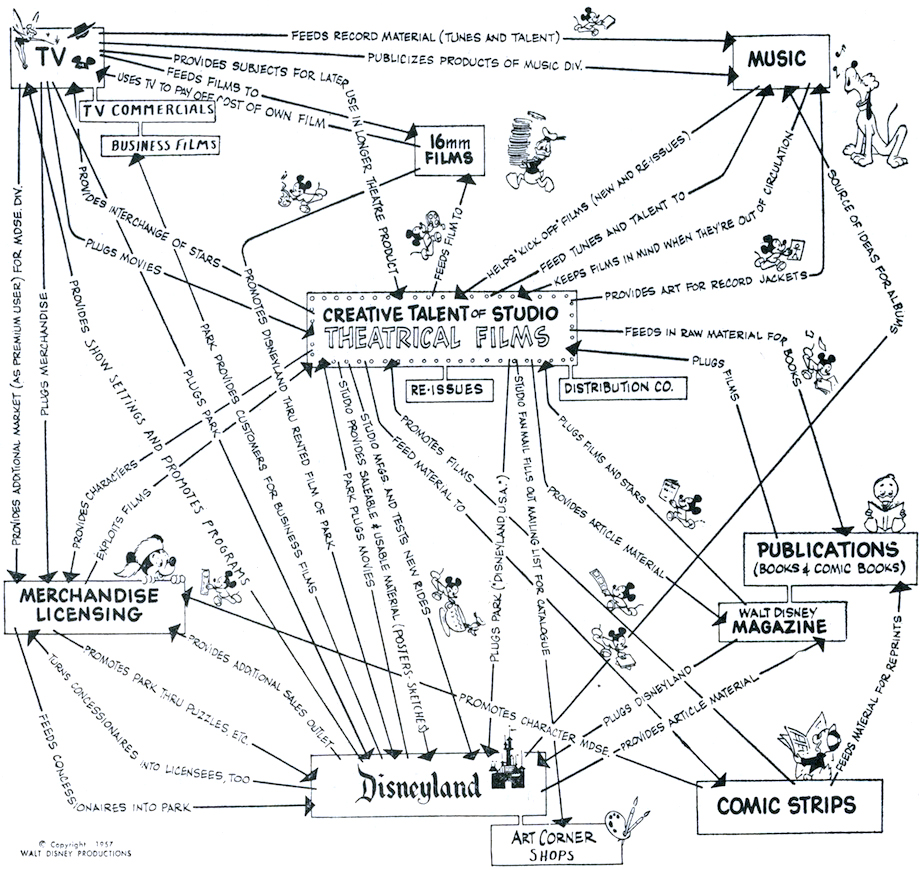
Back in 1957, Walt Disney assembled a constellation of complementary and interlocking business models to generate income from the magic and creativity of his vision, and created this graphic to explain how those business lines supported and sustained each other.
At the center of the business were the theatrical films, where it all started. The Studio was the place where creative talent could be sourced and where original content could be created. This content would then spur everything else.
While Loupe’s constellation isn’t quite as complex as Disney’s, the spirit of our business model is the same: Start with creativity. Figure out how to monetize it, sure…. but then come back to the creativity. Over and over again.
Loupe’s New / Experimental Business Models
The Practice intuitively pursues directions of interest and curiosity that could uncover new ways of creating value, which means distribution and systems integration aren’t the only applicable business models at Loupe. Here are some other examples of what we’re wrenching on:
Loupe as an Original Equipment Manufacturer (OEM)
Occasionally, our clients who appreciate our distribution products or SI services ask us to not just provide the controls or engineering support, but to provide the entire machine as a turn-key system.
Other times, our work inspires new ideas among our team for equipment that doesn’t exist yet but should. And if there isn’t an obvious OEM partner who’s interested or willing to collaborate with us, we can decide to pursue the design and development ourselves.
Loupe Intellectual Property
Loupe’s expertise in design and development of new technology in automation systems has been well-honed over the years on behalf of our clients under paid work-for-hire contracts.
But we also cultivate a deep catalog of software libraries and design concepts that we fully retain as proprietary IP that we provide via open source or other paid licensing agreements.
We also leverage patent and other intellectual property sharing arrangements to directly charge for our creative capabilities.
Loupe DEVTOOLS
One of Loupe’s core motivations is to bring the tools and technologies of modern software engineering to industrial automation and robotics. Often, the tooling in automation lags behind state-of-the-art by a decade or more.
In those cases, to enhance our SI work and to move the industry forward, we sometimes build proprietary tool chains inspired by practices in source control, continuous integration, simulation, and automated deployment targeting industrial applications.
Loupe plans to offer these tools to others via SaaS models in the very near future.
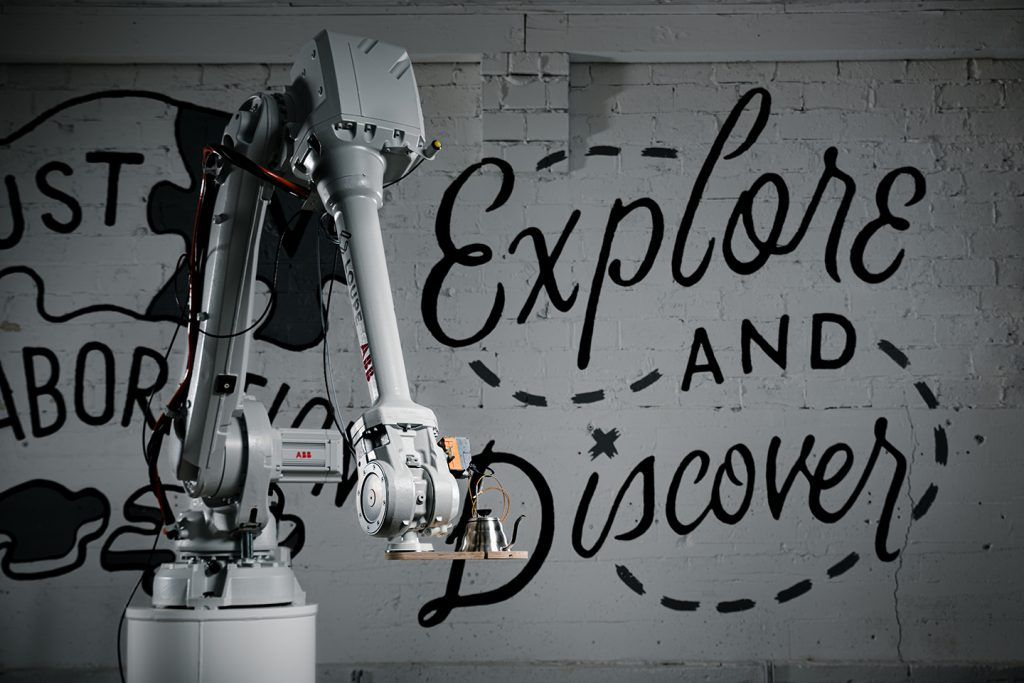
Revolution in Many Forms
These experimental business models could become a major part of Loupe’s capabilities in the future, or they might be just that — an experiment. But either way, being committed to revolution means we’ll never stop exploring.
As with any new idea, our unconventional business model can require some explanation, particularly if there are concerns around competition versus collaboration. Fortunately, Loupe’s particular abilities and strengths are far more often complementary, rather than competitive. So many of our most productive engagements are with like-minded companies with similar business models. We see fellow revolutionaries and creative leaders as collaborators, not competitors.
Because at the end of the day, we’re not here to compete with anything other than an obsolete status quo. To fuel creativity, revolutionize our industry, and do even more cool stuff.
Want to learn more about the Practice at Loupe, or curious about how we could collaborate together? Fill out the form at the bottom of this page to start a conversation.
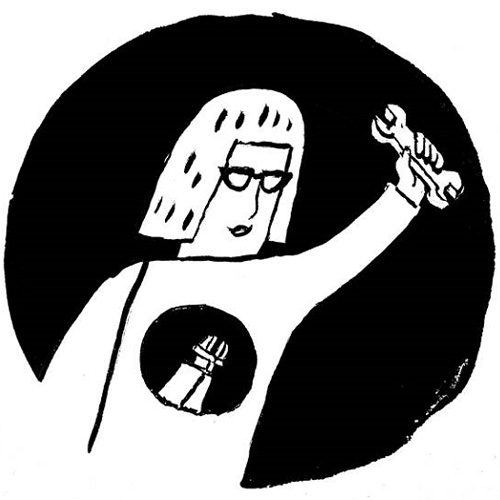
Contributor
David Nichols
CEO
CO-FOUNDER

